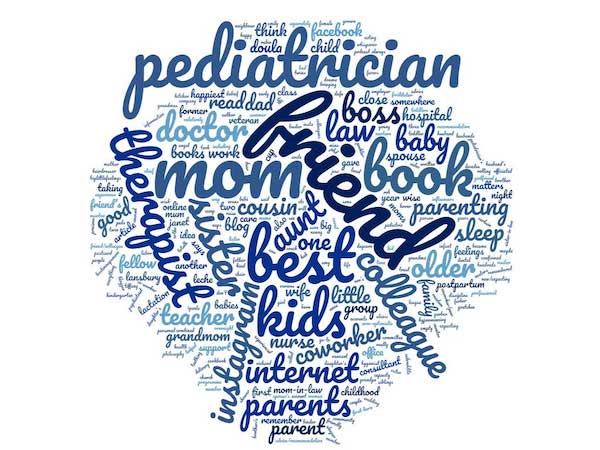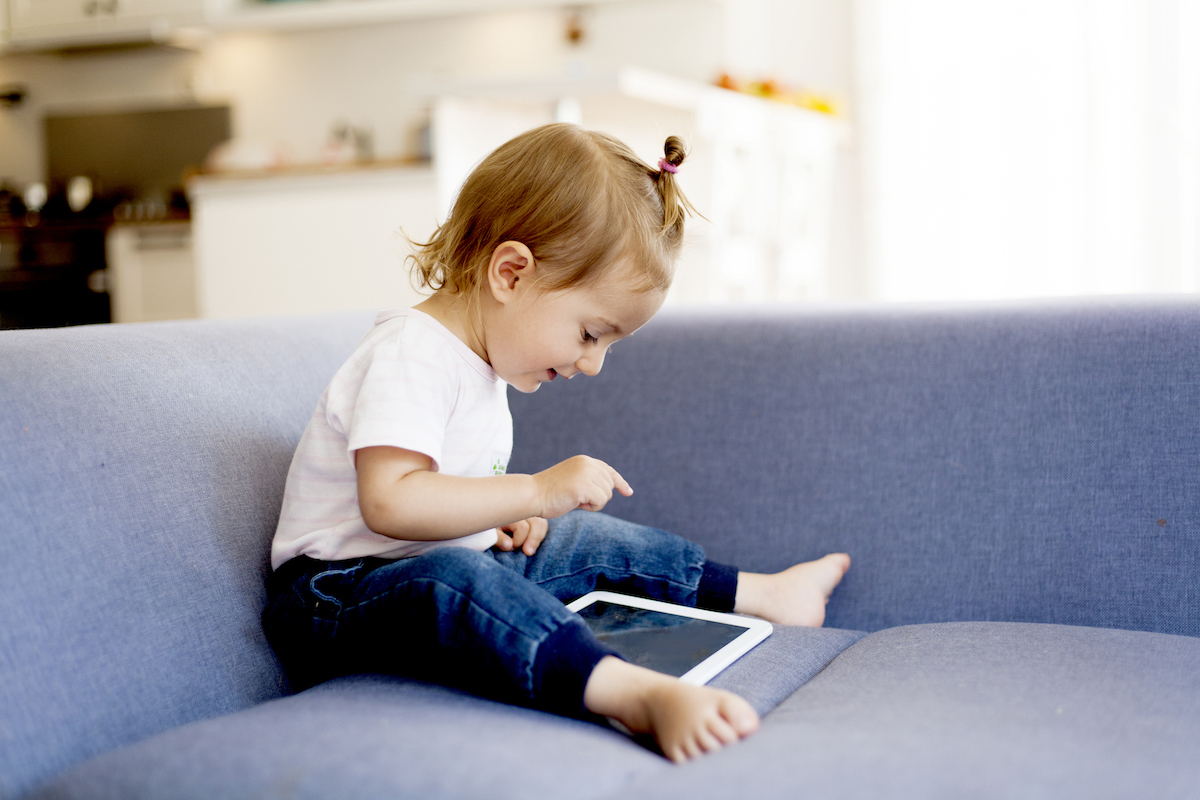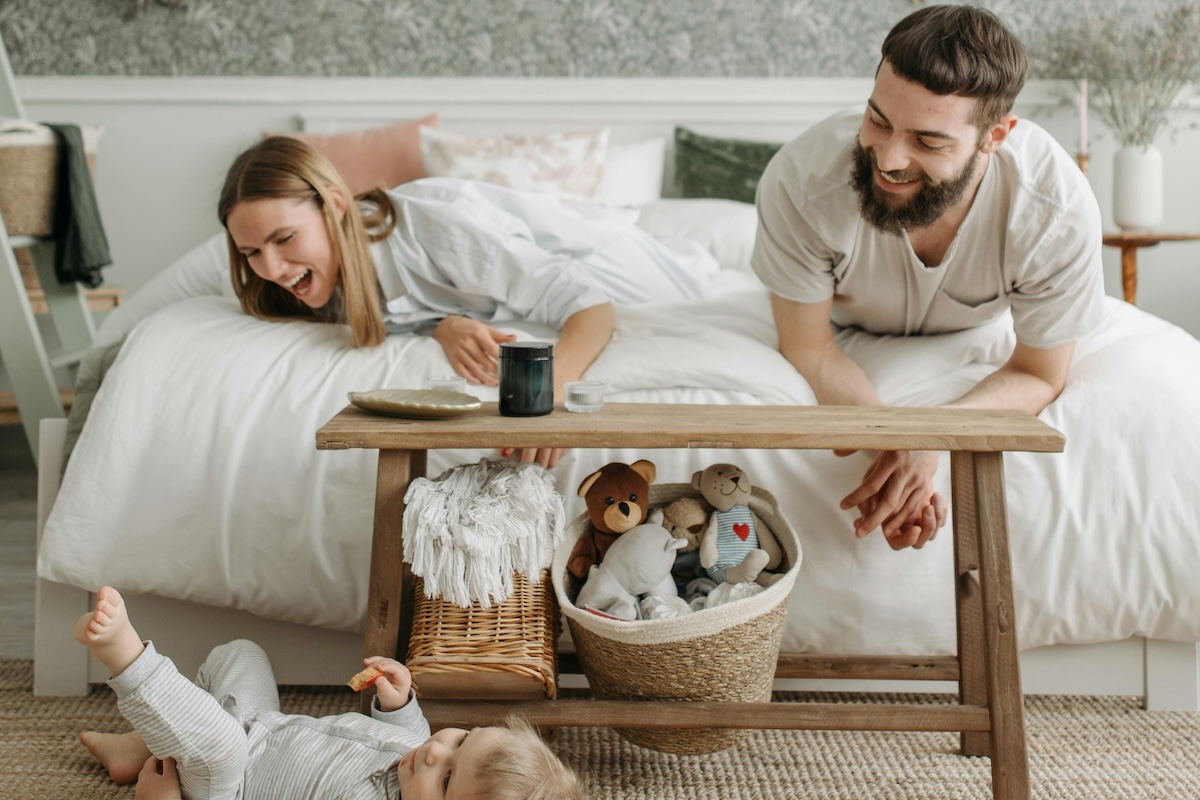Three years ago yesterday was my first newsletter post, which covered antibiotics and allergies, Zika, and the best travel baby carrier. It starts with: “Lately, I feel that it’s hard to avoid discussions of the microbiome.” This is still true! People are still very into the microbiome.
Many things have changed. The email list is 80 times larger. We’ve been through COVID and are mostly out on the other side. Some things haven’t changed: in a real sense, I’m back to what I thought the newsletter would be when I began this journey. I still stand behind that travel baby carrier recommendation (the Bitybean).
Today, to mark the occasion, I wanted to return to one of my favorite early posts — your best parenting advice. A version of this post originally ran in June 2021, and it crowdsourced parenting advice from all of you. I thought it was absolutely great. The results are below.
When reviewing this, our team realized that there was so much more in the advice we got than was surfaced in the original post. We wanted more! So we put together a spreadsheet with all of your answers from back then (take a look here).
Thanks for all your support over the past three years, and hopefully many more to come.
We all get a lot of parenting advice. Much of it, as a friend of mine often says, “is worth what you pay for it.” But is there any actual good advice? At the end of Cribsheet, I talk about the best parenting advice I’ve gotten — from our first pediatrician — which boiled down to: try not to think about it. Part of the reason this was the best advice for me is that I think about everything far, far too much.
But I got to wondering: is there anything systematic about the best advice? Is there some universal best advice, or is the best advice different for us all? Of course, the only way to answer is with data. So I did a little survey, and about 350 people weighed in with answers to two simple questions: What’s the best parenting advice you’ve gotten, and who gave it to you?
The best advice
Some of your best advice goes for the very practical. Here are a few of those that I think we can all use.
- Frozen mini bagels make the world’s best teething rings. They’re cold but also tasty.
- When out with a stroller — reverse through doors.
- To reset, put babies in water or bring them outside.
- Read the manuals for baby gear you get before the baby arrives. (Ed. note: This reminded me of the time Jesse almost threw the snap-and-go base into Lake Michigan when we couldn’t fold it up after the first pediatrician visit. Ah, memories.)
- Use dye-free Tylenol so it doesn’t stain anything when they vomit it back up.
- The shoulders in the onesie are so you can pull it down when there’s a poopsplosion.
But most of the best advice was more general — more about how to approach parenting, rather than literally how to deal with a mess. To attempt to summarize this a bit better, I coded the responses into categories and put them in a pie chart.
The winner
The most popular category of advice was what I call “It’s a phase,” which 16% of people said some version of. The main tenor was, as one person said: “It will pass. Bad things (and good things) last two weeks max.”
I found this really resonant. So much of early parenting in particular feels eternal in the hard moments, and there is something so helpful in recognizing that it will end. You won’t be (this) tired forever, your child will not have this type of tantrum forever, they will eventually poop alone. A natural implication is to try to enjoy the good parts of right now, and not despair at the tough ones.
Just relax
A lot of responses centered around a version of “It will be fine” or “Do what works.” The message was some combination of “Don’t sweat the small stuff” and that you cannot be ruled by the advice of others (e.g. “They can have an opinion, but they don’t get a vote”). Another piece of this is letting yourself off the hook (e.g. if you feel you’ve got it 60% right, it’s a good day!).
I also got this gem: “The only fracture that can’t wait until morning is an elbow — so if it ain’t an elbow, and the child is comfortable, no need for the ER at night.”
Value yourself
As parents, we are not always the best at recognizing that we — or our relationship — needs attention too. A number of people pointed to advice from others to put themselves first, at least some of the time. “You have to take care of yourself first so you can best take care of your baby — the airline/oxygen mask rule.” More concretely: “Go to therapy.”
Beyond yourself, people gave advice about prioritizing your relationship with your partner, if you have one. As one person put it: “Your spouse is not the enemy; the baby is the enemy.”
Sleep-related
And finally, in the big categories: sleep. Many of us benefit from advice on sleep. I know what you’re thinking — what is the advice? Tell me right now. However, there wasn’t one distinct type of advice. The “best” advice came in the form of bedtime routines, encouragement to sleep train, permission to co-sleep, and embracing the concept of “wake windows.” Sleep training came in, in this group, for the most positive votes, but I’m guessing that reflects my audience.
Summary
This was fun to read! I definitely learned some things (e.g. the thing about fractured elbows). In very broad strokes, my read of much of this is some version of: have perspective and play the long game. A hard thing to remember when you’re in the weeds, especially early on, but a good one.
The best advice givers
Who’s the best advice giver? I made a word cloud. Moms, friends, pediatricians, and therapists for the win. Colleagues, books, aunts, and siblings come in next. Oh, and Instagram. Shout-out to the Cup of Jo account, which was the most commonly mentioned.

A final note
I will leave you with this piece of best advice to contemplate:
“If one is to be a parent, one must adopt the disposition of a placid cow.”
Mooo…
Community Guidelines















